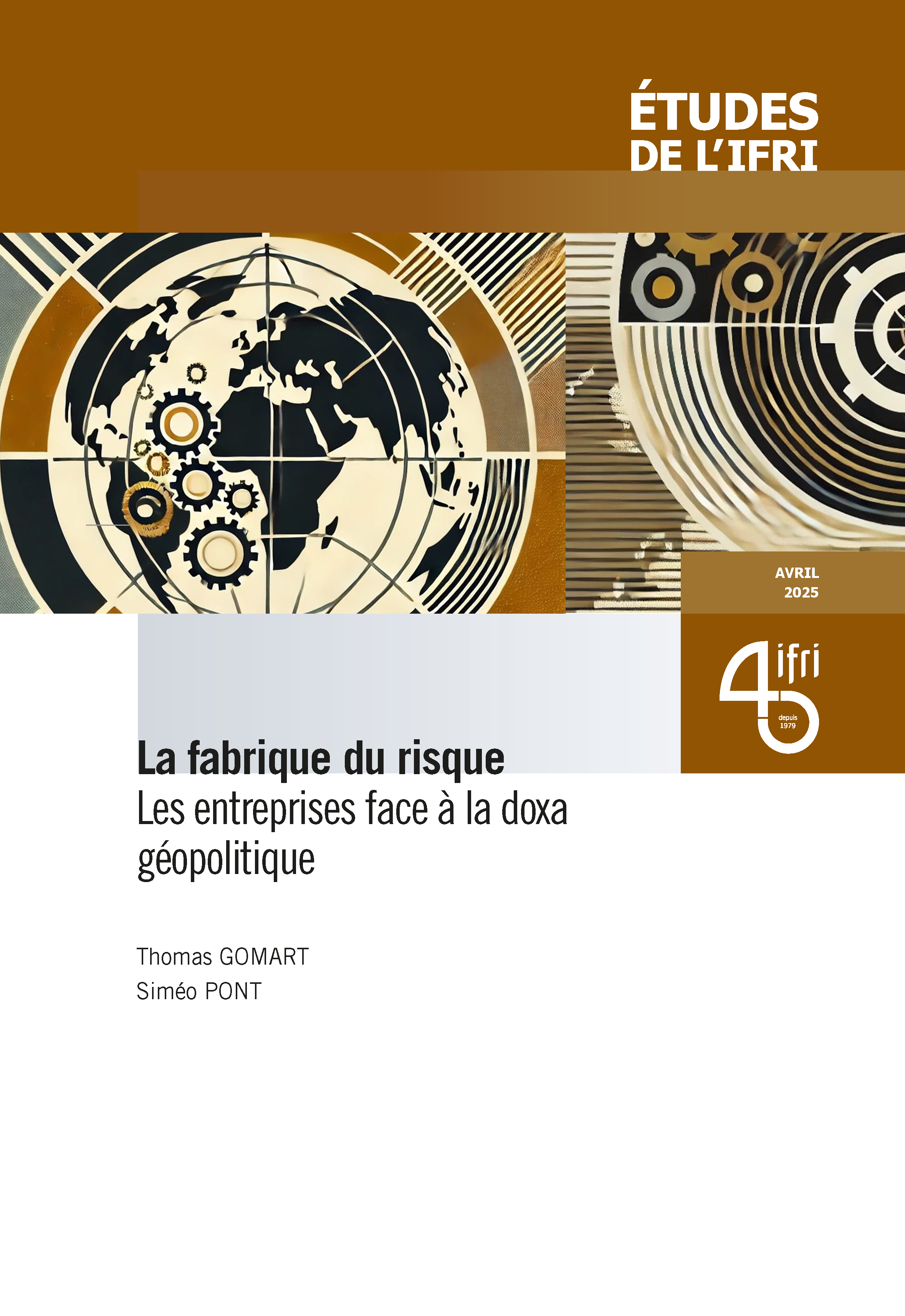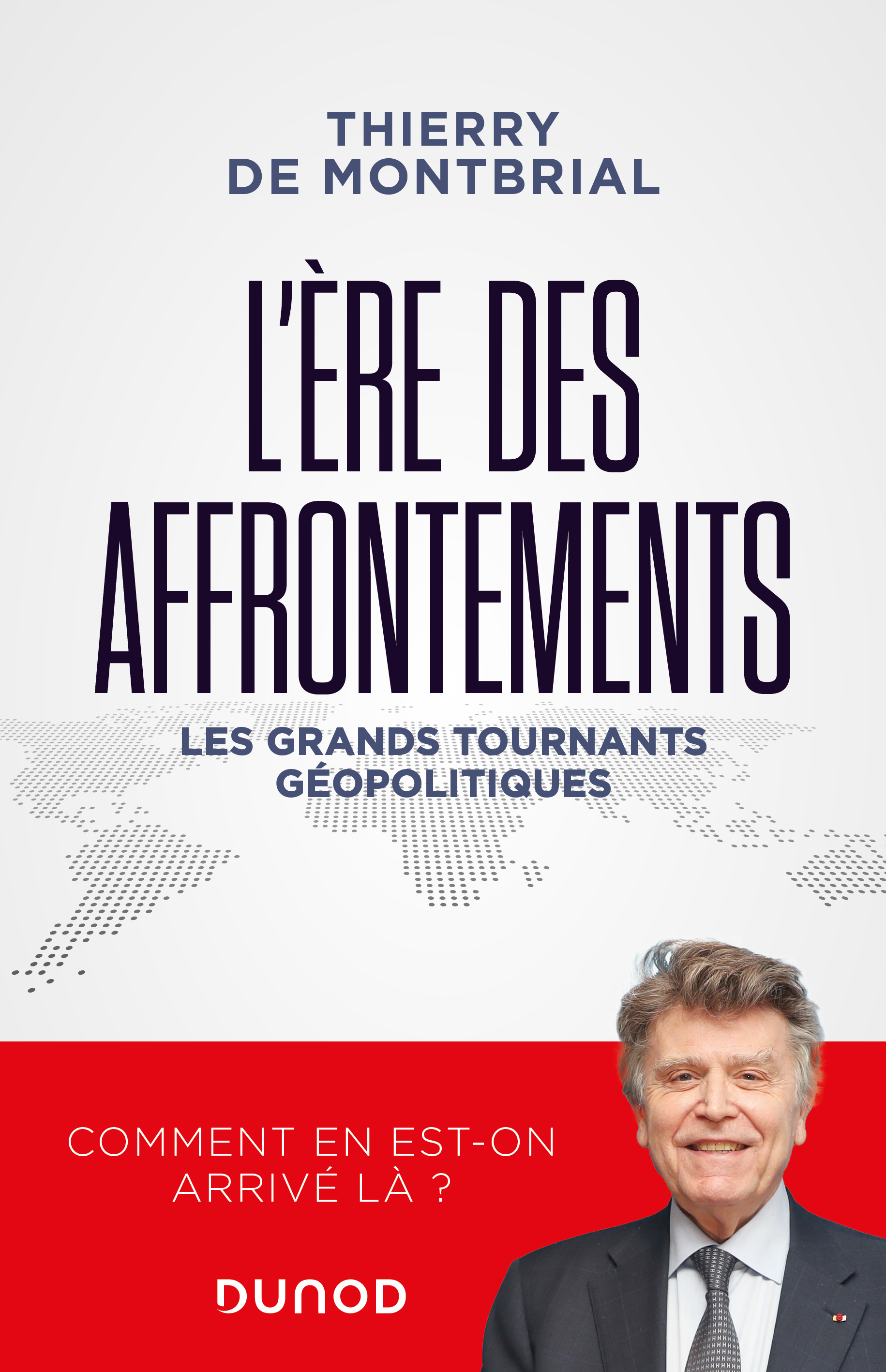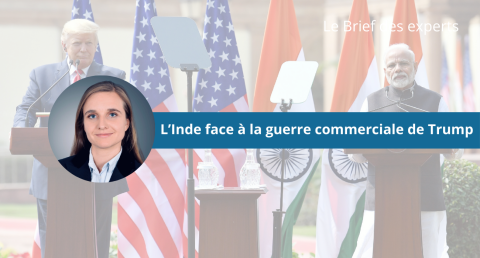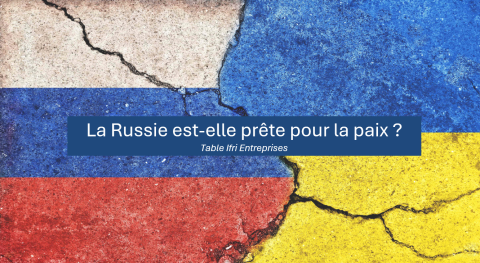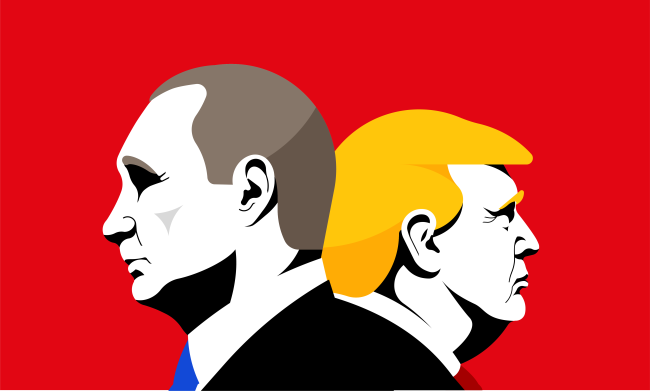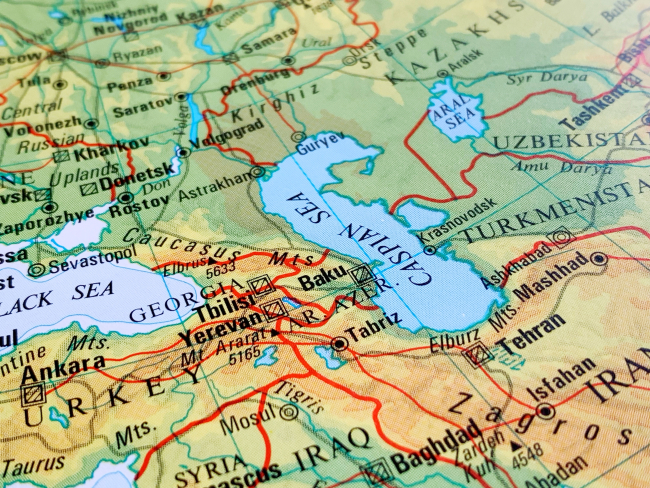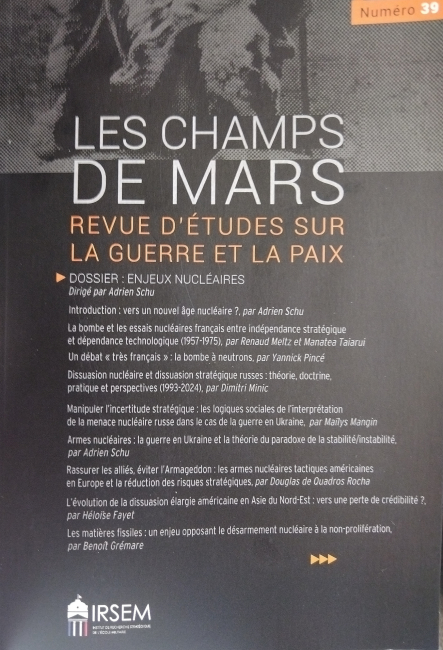Russian Energy Security and Foreign Policy

This book provides an original and thoroughly academic analysis of the link between Russian energy and foreign policies in Eurasia, as well as offering an interpretation of Russia's coherence on the international stage, seeking to understand Russia and explain its behaviour.
The authors analyse both energy and foreign policies together, in order to better grasp their correlation and gain deeper understanding of broader geopolitical issues in Eurasia at a time when things could go either way-towards producers or towards consumers. Questioning the concept of 'energy deterrence' which aims to fuel uncertainty in Russia's relations with its partners, as well as projecting its overall power on the international scene, this provocative volume seeks to stimulate debate on this very important issue.
Assessing the weight that energy has in Russia's foreign policy and in its pursuit of power on the international stage, this book will be of interest to students and scholars of international relations, energy politics, geopolitics and Russian and Central Asian Studies.
Adrian Dellecker is Research Assistant at the Russia/NIS Center (Ifri, Paris) and holds a Masters degree from the University of Sussex (UK). His current research focuses on Russian bilateral energy relations, particularly in Central Asia and the Caspian Sea region, as well as the EU-Russia energy dialogue.
Thomas Gomart is head of the Russian/NIS Center at Ifri (French Institute of International Relations, Paris), and the editor of the trilingual electronic collection Russie.Nei.Visions. He also teaches at the Military Academy of Saint-Cyr.

Contenu disponible en :
Régions et thématiques
Utilisation
Comment citer cette publicationPartager
Centres et programmes liés
Découvrez nos autres centres et programmes de rechercheEn savoir plus
Découvrir toutes nos analysesTrump-Poutine : logiques et perspectives d'une négociation sur l'Ukraine
Comme prévu, le nouveau président américain, Donald Trump, semble se montrer conciliant avec son homologue russe, Vladimir Poutine, dont les objectifs restent maximalistes : cession de territoires, changement de régime, finlandisation et démilitarisation de l’Ukraine.
La mer Caspienne, pôle énergétique émergent : Opportunités et limites
La présente note analyse les perspectives d’évolution de la région de la mer Caspienne et de ses acteurs clés, à l’exception de la Russie et de l’Iran, en un pôle énergétique majeur répondant aux besoins de l’Union européenne (UE).
Dissuasion nucléaire et dissuasion stratégique russes : théorie, doctrine, pratique et perspectives (1993 - 2024)
Dimitri Minic, chercheur au Centre Russie/Eurasie à l'Ifri, docteur en histoire des relations internationales et spécialiste de la pensée et de la culture stratégiques russes, retrace dans un article pour Les Champs de Mars l'histoire théorique, doctrinale et pratique de la dissuasion nucléaire et de la dissuasion stratégique russes.
The European Union's Strategic Test in Georgia
La crise politique qui se déroule en Géorgie est de nature existentielle pour le pays. Ce qui est en jeu, c'est l'avenir de la Géorgie en tant que nation européenne, démocratique et souveraine.


